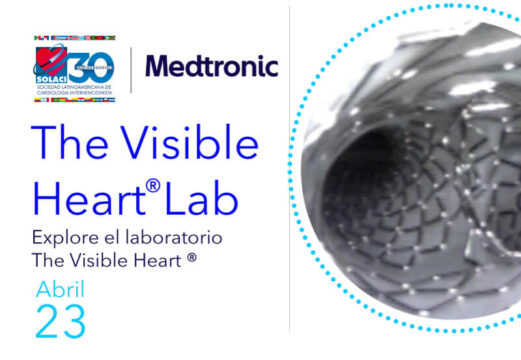Original title: Drug-Eluting Stents versus Bare Metal Stents Prior to Noncardiac Surgery. Reference: Sripal Bangalore, et al. Catheterization and Cardiovascular Intervention 2015;85:533-41
Drug eluting stents (DES) have proved beneficial compared to bare metal stents (BMS), but the need to program a surgical procedure after a percutaneous coronary intervention (PCI) has limited its use.
This study analyzed patients receiving PCI and non cardiac surgery (NCS) between April 2004 and September 2007. It included 8415 patients, 6538 (78%) receiving DES and 1877 BMS.
After propensity score matching was applied to adjust for differences, 5403 patients remained for final analysis, 3565 (66%) receiving DES and 1838 (34%) BMS. Primary end point was net clinical outcome at 30 days, a combination of death, infarction or bleeding.
Population mean age was 69, 37% were diabetic, 20% had had previous revascualrization surgery, 23% previous PCI procedures and 43% had renal failure or were on dialysis.
In the DES cohort, the net clinical end point saw a reduction at 30 days, with longer time from PCI to NCS (p=0,02). The best outcome was obtained when surgery was performed after 90 days of PCI (event rate of 8.57, 7.53, 5.21, and 5.75% for 1-30, 31-90, 91-180 and 181-365 days, respectively, from PCI to NCS).
However, in the BMS cohort event rate was uniform and high, regardless PCI to NCS time (event rate of 8.20, 6.56, 8.05, and 8.82% for 1-30, 31-90, 91-180 and 181-365 days, respectively, from PCI to NCS. Finally, a marginal tendency to more bleeding was observed in the DES group.
Conclusion
DES stents were not associated to more adverse events after a programmed NCS. Moreover, adverse events incidence was higher when NCS was performed 90 days after PCI, which suggests it is not necessary to wait 12 months after DES stenting to perform an NCS.
Editorial Comment
The need for surgery is relatively rare after PCI; even though the use of BMS is recommended, this retrospective analysis shows that the use of DES is a viable and safe alternative, especially after 90 days. However, we should collect more information and study groups that will benefit most before changing our clinical practices.
Courtesy of Dr. Carlos Fava
Interventional Cardiologist
Favaloro Foundation – Buenos Aires
Carlos Fava



